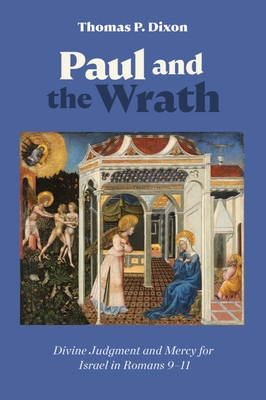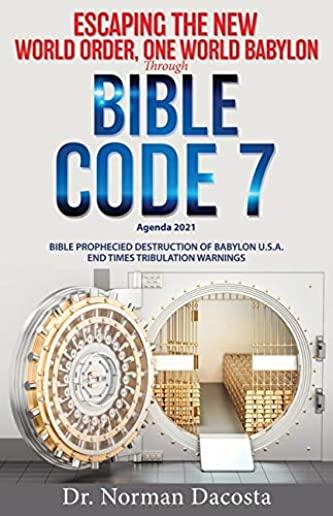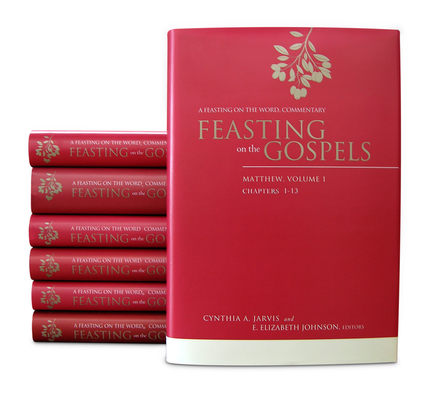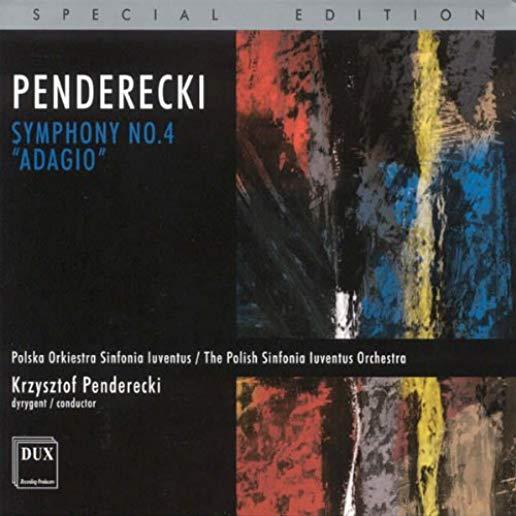
Dixon, Thomas P.
To help clear the fog, Paul and the Wrath replaces the simplistic wrath-mercy binary with a thicker, overlooked, and distinctly Jewish lens of remedial wrath, clarifying Paul's argument that God judges Israel in order to save Israel. To configure this lens properly, Thomas Dixon outlines a taxonomy of views on divine wrath and mercy around four ancient, representative interpreters, then surveys philosophies of wrath in Greco-Roman literature before examining a swathe of images in biblical and extrabiblical Jewish texts in which judgment advances mercy. The frequency of such imagery in these Jewish sources establishes a plausibility structure for finding similar theology in Paul, which leads Dixon to a new evaluation of Paul's argumentative logic in Romans 9-11 and elsewhere.
This Jewish theology of judgment provides a wider window that can shed light on--and help resolve--a persistent division in Pauline scholarship over the apostle's understanding of mercy, works, and atonement. Paul and the Wrath offers clarity in a clouded arena of Pauline theology in order to foster more faithful reading of both Paul and Scripture as a whole.







